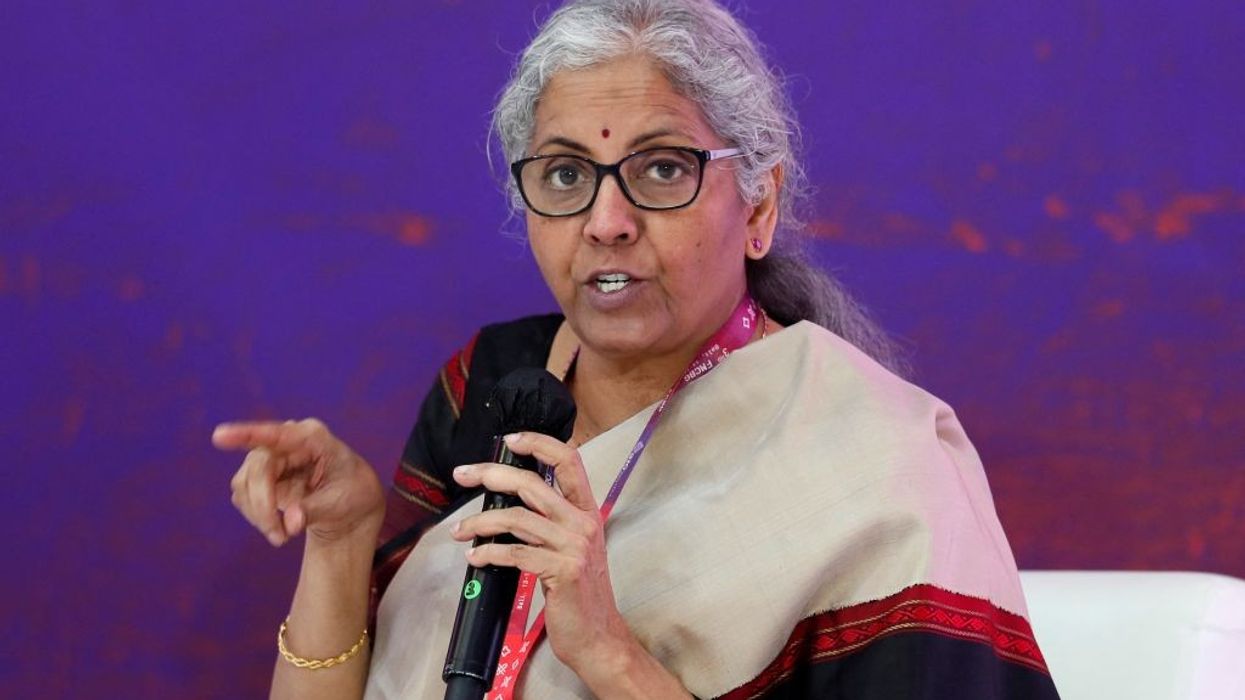Indian regulators are aware of concerns regarding the Adani Group conglomerate, the finance minister said on Saturday, responding to comments by the Supreme Court regarding the need for investor protection.
The regulators were experienced and seized of the matter, Nirmala Sitharaman told reporters after meeting the central bank's directors in New Delhi, the capital.
However, She declined to elaborate on what the government planned to tell the Supreme Court.
Investor interests need to be protected, the court had said on Friday, after hearing two cases about large investor losses following a report by a U.S. short seller on the Adani group.
(Reuters)




